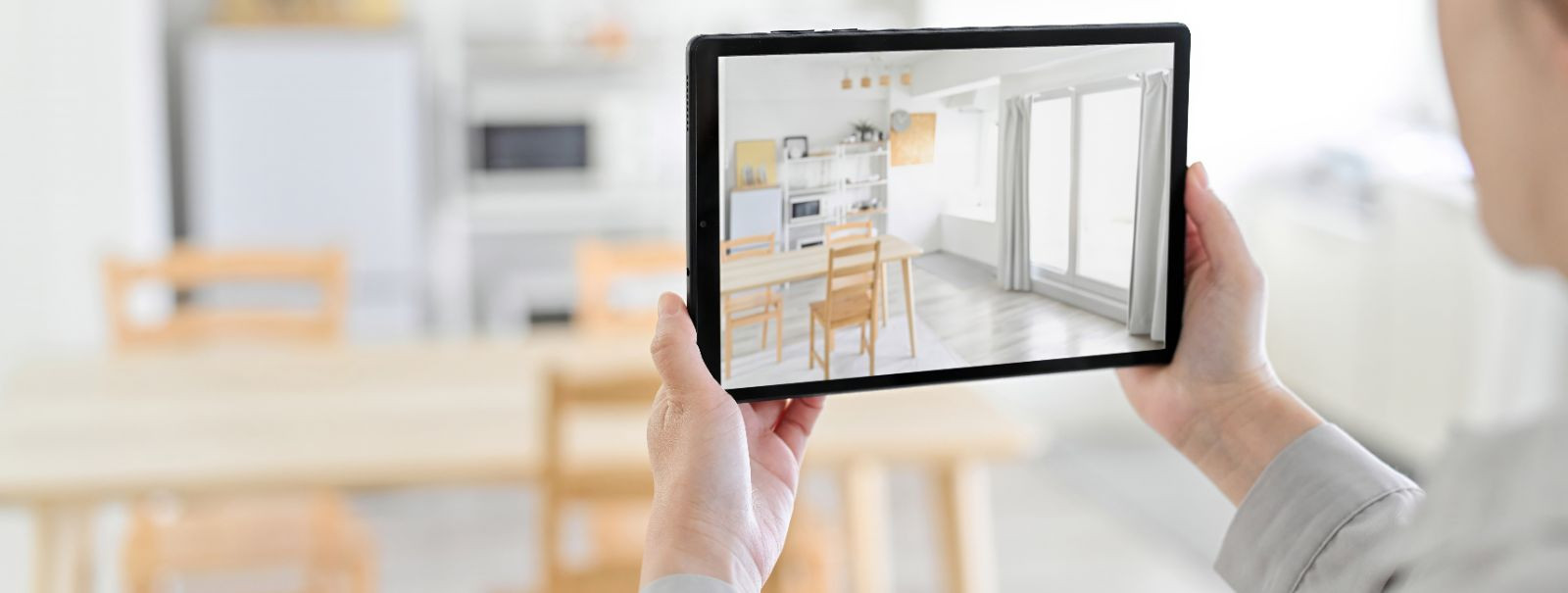How technology is transforming property rentals
The property rental industry has undergone significant changes over the past few decades. Traditionally, finding a rental property involved scanning newspaper ads, visiting multiple locations, and dealing with extensive paperwork. However, the advent of technology has revolutionized this process, making it more efficient, transparent, and user-friendly. Today, technology is not just an add-on but a fundamental component of the property rental ecosystem, reshaping how properties are marketed, rented, and managed.
The Role of Technology in Modernizing Property Rentals
Online platforms have become the cornerstone of the modern property rental market. Websites and apps like Airbnb, Zillow, and others have made it easier for renters to find properties that meet their specific needs. These platforms offer a wide range of listings, complete with photos, descriptions, and reviews, allowing potential tenants to make informed decisions from the comfort of their homes.
Virtual tours and augmented reality (AR) have transformed the way potential tenants view properties. Instead of physically visiting multiple locations, renters can now take virtual tours of properties, saving time and resources. AR technology enhances this experience by allowing users to visualize how a space can be customized to their preferences, providing a more immersive and interactive experience.
Smart home technology is increasingly becoming a standard feature in rental properties. From smart thermostats and lighting systems to security cameras and voice-activated assistants, these technologies offer convenience, energy efficiency, and enhanced security. Renters can control various aspects of their home environment remotely, aligning with the growing demand for modern and sustainable living spaces.
Data analytics and artificial intelligence (AI) are playing a crucial role in optimizing property management and rental processes. AI-driven algorithms can predict market trends, set competitive rental prices, and identify potential maintenance issues before they become major problems. This data-driven approach helps property managers make informed decisions, improving operational efficiency and tenant satisfaction.
Benefits of Technology-Driven Property Rentals
Technology has made the rental process more convenient and accessible for both landlords and tenants. Online applications, digital lease agreements, and automated payment systems streamline the entire process, reducing the need for physical paperwork and in-person meetings.
With technology, tenants enjoy a more personalized and responsive rental experience. From virtual assistants that handle maintenance requests to community apps that foster engagement among residents, technology enhances the overall living experience, making it more enjoyable and hassle-free.
Technology supports sustainable living by promoting energy-efficient practices and reducing waste. Smart home devices help monitor and reduce energy consumption, while digital platforms minimize the need for paper-based transactions, contributing to a more eco-friendly rental environment.
Challenges and Considerations
While technology offers numerous benefits, it also raises concerns about privacy and security. The collection and storage of personal data require robust security measures to protect tenants' information from breaches and unauthorized access.
Not all potential renters have equal access to technology, which can create a digital divide. Ensuring that technology-driven solutions are accessible to all demographics is crucial to avoid excluding certain groups from the rental market.
Future Trends in Property Rentals
As technology continues to evolve, the property rental industry is poised for further transformation. Emerging trends such as blockchain for secure transactions, IoT for enhanced property management, and AI-driven personalization will continue to shape the future of rentals, offering even more innovative solutions for both landlords and tenants.






Comments (0)